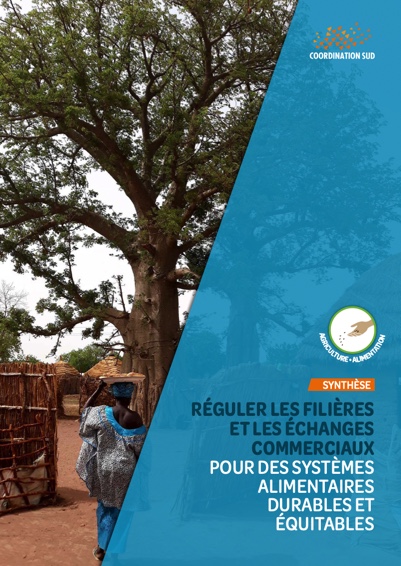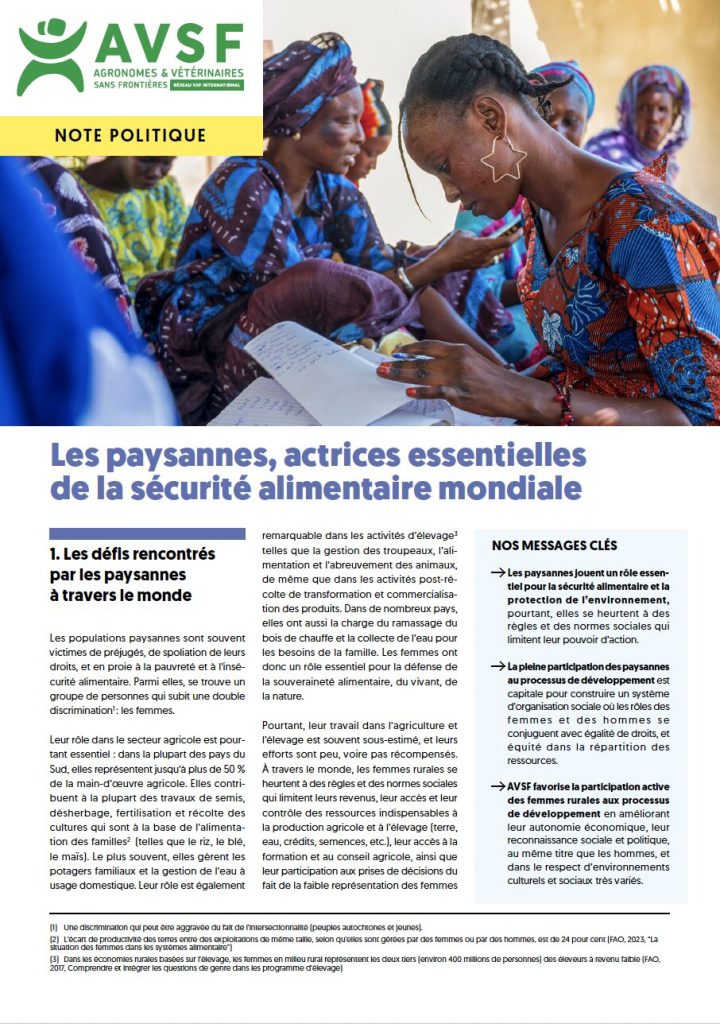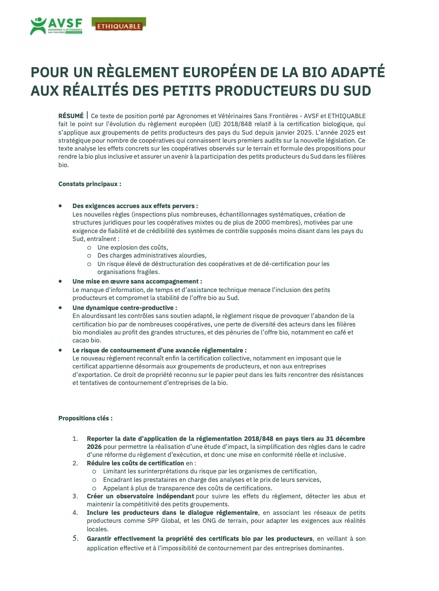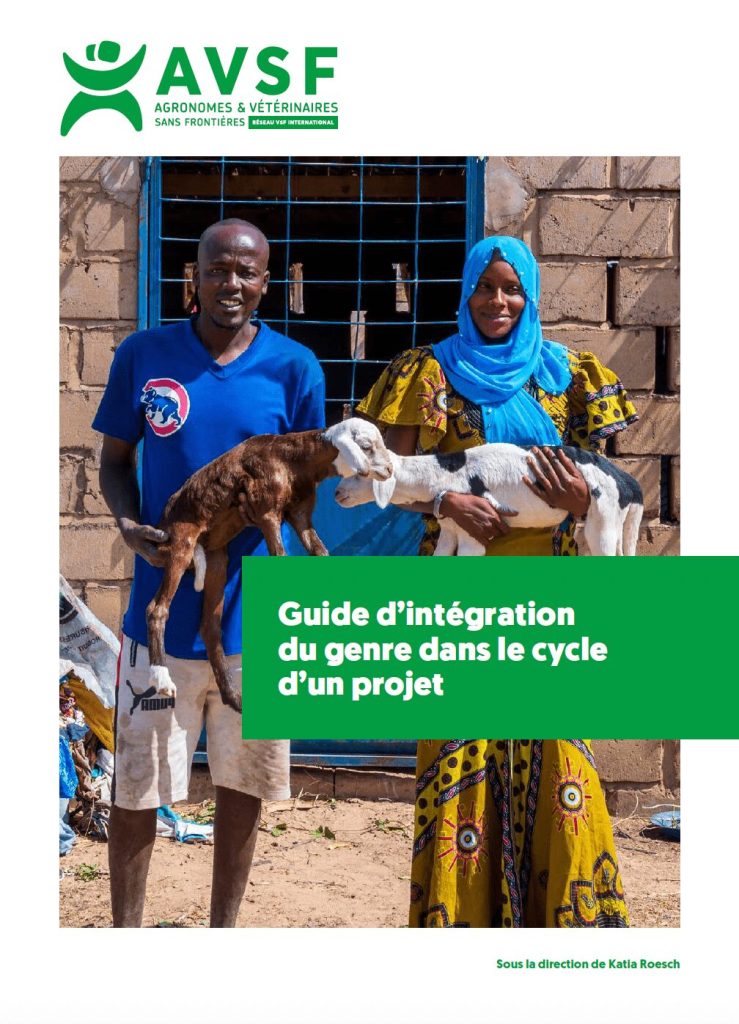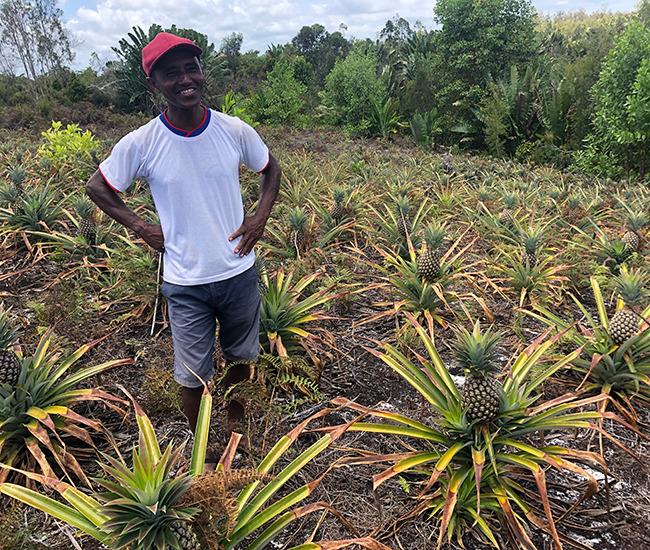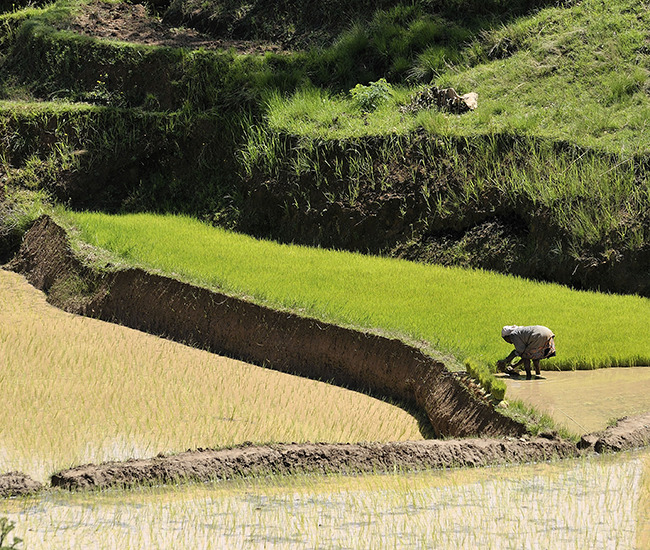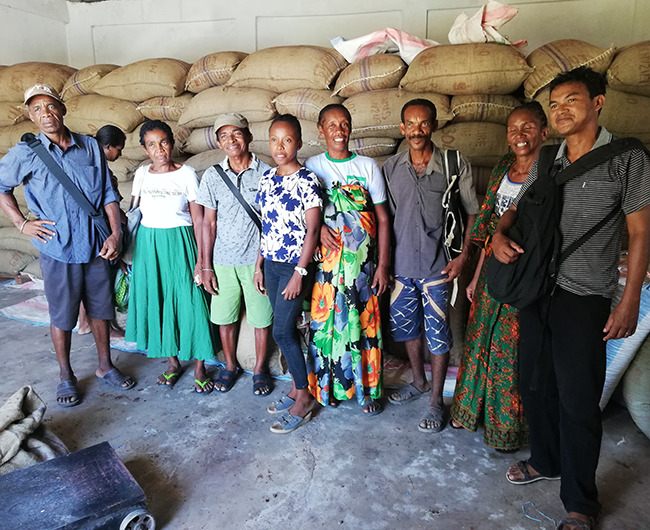Following decades of unbridled liberalization, recent crises (COVID-19 pandemic, wars, and food crisis) and rising figures on hunger are recalling the need to regulate food systems. New measures such as mirror clauses and anti-deforestation measures are being added to the European Union (EU) agenda for regulation of value chains and trade, marking the timid return of public intervention on the markets. This intervention now goes beyond health aspects to cover socio-economic and environmental dimensions, leading to a shift toward fairer food systems and trade that comply with human and environmental rights.
Faced with increasing hunger and inequality, climate change, and the collapse in biodiversity, what role can food system regulation measures play in light of the current challenges? What lessons can we learn from past policies or policies implemented in other regions of the world? While issues and challenges evolve depending on the value chain, we still have a range of mechanisms that allow us to regulate the volumes, prices, and quality of products at various levels. From among all the regulatory measures, how can we identify the combination that offers an appropriate response, both from the point of view of farmers’ rights and the right to healthy, diversified, and affordable food, as well as respect for the environment?
This brief, drawn from the study of the same name, presents the main strategies for regulating food systems and their application to the milk and cocoa value chains.
